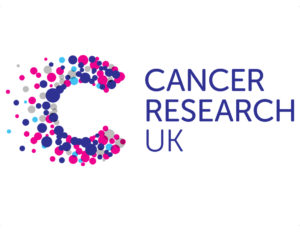Investigating the conversion rate of routine referrals for patients presenting with symptoms of possible cancer
Start Date Jun 2021
Code E24-Aff
Status Ongoing
Project summary
 A delay in cancer diagnosis may have important implications for the type of treatment a patient will need, how much treatment they may need, and whether they will be cured from their cancer. In order to help diagnose patients earlier, guidelines have been developed that advise general practitioners (GPs) which patients should be referred to hospital quickly for suspected cancer (within two weeks). If the patient’s symptoms do not suggest the need for urgent referral, they can be referred as a routine appointment or investigated in primary care. However, some patients who receive a routine referral as advised by the guidelines will have cancer. Furthermore, patients sometimes receive a routine referral instead of the advised suspected cancer referral. Patients who receive a routine referral are usually diagnosed later than if they would have received a suspected cancer referral. It is therefore important that we find out how many and which types of patients are diagnosed with cancer after receiving a routine referral from their GP. Our team will investigate this by using big datasets from general practices, hospitals and the cancer registry. We can use these datasets to see whether some patients are more likely to be diagnosed with cancer after receiving a routine referral. This information can then be used to advise GPs and improve the guidelines and the diagnostic services that are available. If GPs have all the information they need to give patients the right referral, patients may be diagnosed earlier, and have a better chance of surviving their cancer
A delay in cancer diagnosis may have important implications for the type of treatment a patient will need, how much treatment they may need, and whether they will be cured from their cancer. In order to help diagnose patients earlier, guidelines have been developed that advise general practitioners (GPs) which patients should be referred to hospital quickly for suspected cancer (within two weeks). If the patient’s symptoms do not suggest the need for urgent referral, they can be referred as a routine appointment or investigated in primary care. However, some patients who receive a routine referral as advised by the guidelines will have cancer. Furthermore, patients sometimes receive a routine referral instead of the advised suspected cancer referral. Patients who receive a routine referral are usually diagnosed later than if they would have received a suspected cancer referral. It is therefore important that we find out how many and which types of patients are diagnosed with cancer after receiving a routine referral from their GP. Our team will investigate this by using big datasets from general practices, hospitals and the cancer registry. We can use these datasets to see whether some patients are more likely to be diagnosed with cancer after receiving a routine referral. This information can then be used to advise GPs and improve the guidelines and the diagnostic services that are available. If GPs have all the information they need to give patients the right referral, patients may be diagnosed earlier, and have a better chance of surviving their cancer


